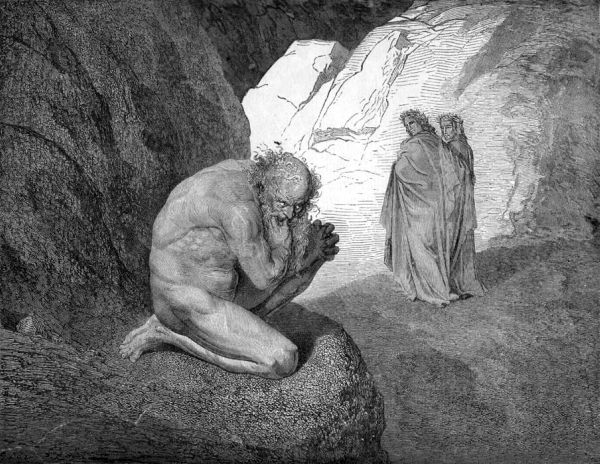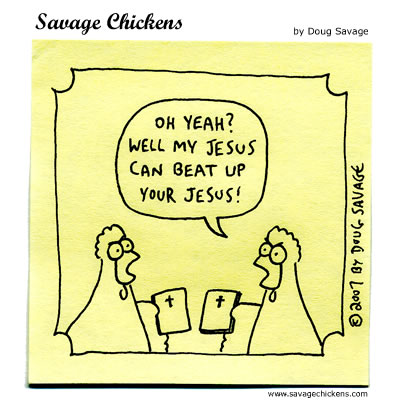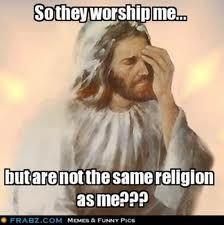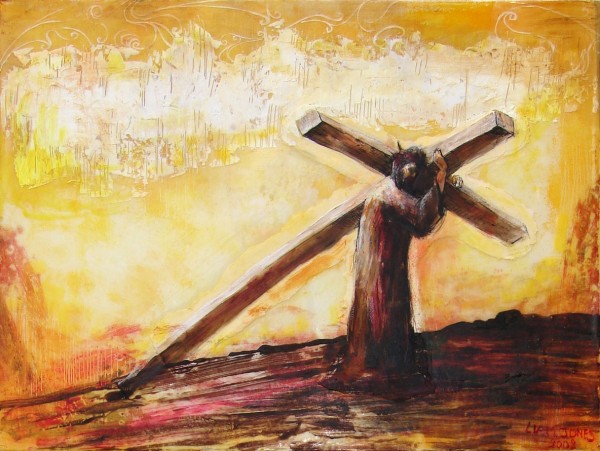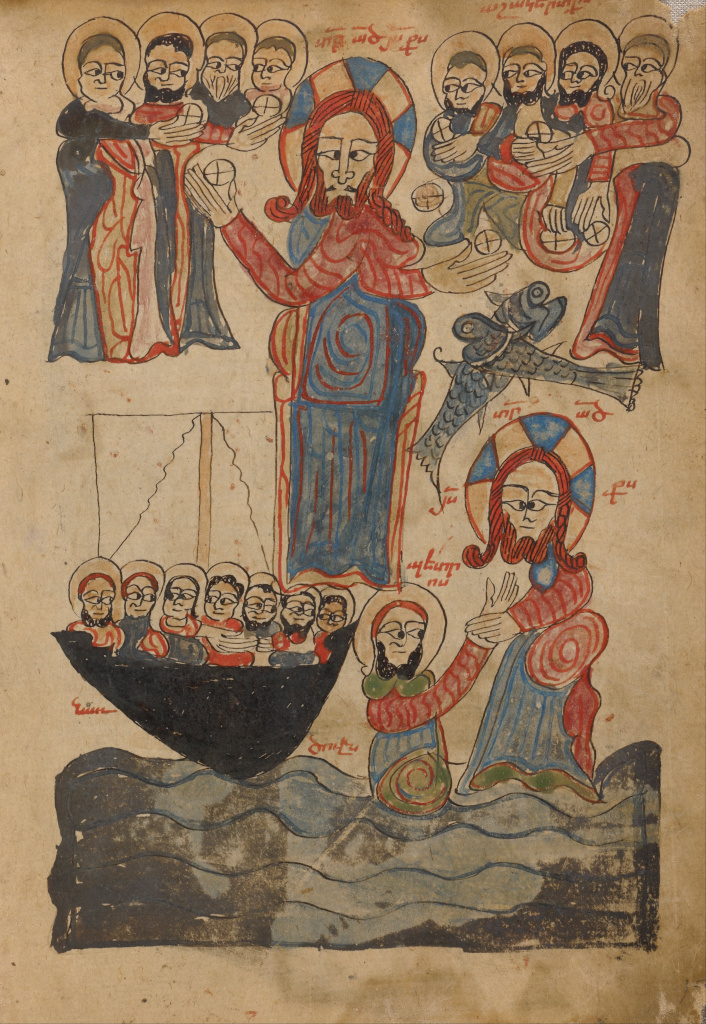It must be admitted, as we saw in the last post, Jesus was a little tough on the rich. And it did seem to be a little sweeping. Why did Jesus and James seem to be so hard on this particular social class? I mean, did they do something so wrong? And to thoroughly condemn them seems to be a bit excessive.
There is a definitive reason for this that can be described in four points:
1. God commands the wealthy to use their wealth for the poor
This is a consistent ethic throughout the Scripture, as we have seen above. There are three main sections of Hebrew Scripture: The Law, The Prophets and the Writings. The Law commands loans and alms to be given to the poor.63 The Prophets command the poor to be assisted or God would not bless them.64 The Writings speak of the dangers that happen to the wealthy if they do not give to the poor. 65 This is not a minor theme, nor is it easily ignored. This does not mean that the majority of Bible teachers do not have on their blinders, looking only at their theological focus, but it is clearly at the heart of loving one’s neighbor in the OT.
2. Jesus is prophetically commanding an ethic of love
Jesus is not so much establishing a new law, as he is interpreting the Mosaic Law through the rose-colored lens of acting for the benefit of everyone.66 And Jesus’ ethic is not based in the realm of emotions, but in bold action. Part of this action, an aspect that Jesus repeats a few times, is the need of the wealthy to give of what they have to the poor. Jesus isn’t erasing the old Law and simply writing his own over the stone tablets—he is simply re-commanding what is already a part of God’s ethic. This is so much so that Abraham, in one of Jesus’ parables, stated that the wealthy giving to the poor was so clearly commanded in “Moses and the Prophets:” that it should be obvious to everyone.67
3. The wealthy only occasionally give to the poor
The command of God was not being obeyed by the wealthy. Surely, some wealthy gave the occasional alms, and a few would assist their poor relatives. But the heart of the command was being ignored. Beggars lined the street, and many poor languished and suffered for their poverty. All the while, the wealthy not only ignored them, but they condemned them. “They must be judged by God.” “Repent and get right with God and you will have what you need!” Instead of the poor being assisted by the wealthy, they were ostracized by them.
4. The wealthy are judged by God
Jesus makes it clear that there are wealthy who are righteous, a part of God’s people. But these are the wealthy who surrender their wealth, not keeping it for themselves.68 The wealthy are to remember that their wealth is not their own, but loaned to them by their Banker, God. When God gave them the loan, He said, “You are to give any excess you have to the poor and needy—do not keep it for yourself.” But the wealthy ignored their Banker and used the money for themselves. The Banker kept an eye on the accounts, until finally an accounting day came—and the Banker took back everything he had given, and more. The wealthy are not God’s favorites. They have been blessed by God, but that blessing comes with a condition—use the blessing for the benefit of those who most need it. 69
Jesus was not interested in "beating up" the wealthy. Rather, he was calling them to repent of keeping their wealth for their own power, but instead to give it to those who need it the most. He is not saying this because he dislikes wealthy people, but because he loves them and he wants to see them have all the blessings of God. When Jesus said that he came to "seek and save the lost" it was in the context of him convincing a wealthy man to surrender his wealth to the poor. 70
Wealth (just like fame and power) is not actually a blessing for Christians, but in reality a test. It is a test to see if one would use the wealth as God sees fit, or would use it as the world sees fit—to increase one’s power, comfort or wealth, or to surrender it to those who need it most. C.S. Lewis passed the test (he gave the majority of his wealth to charity, choosing to live on a limited income). Rick Warrens passed the test (he gives more than 90% of his wealth to charity, going to the poorest in the world). Mother Theresa famously passed the test, surrendering her life for the poor.
I mention these exceptions, although they are rare. The far majority of Christians who face this hardest of all tests fail miserably. They make excuses why they should use their wealth for themselves. They make excuses not to give to the poor. In this way, the wealthy have become disfavored and rejected by God. And so Jesus and James and others in the New Testament have harsh words to say to them. Because their wealth they spend on themselves is not a sign of God’s blessing, but rather of their disobedience and arrogance. Of their failure.
Notes
63. e.g. Deuteronomy 15:4-11
64. e.g. Jeremiah 5:28-29
65. e.g. Psalm 41:1-3; Proverbs 21:13
66. This is the point of the “You have heard it said” section of the Sermon on the Mount in Matthew 5. Each law or interpretation of the law is re-interpreted by the command “Love your neighbor as yourself.” Then Jesus wraps up by saying that only the leaders who obey the love command are to be listened to, the rest are false prophets (Matthew 7:12-23).
67. Luke 16:19-31, esp. v. 29
68. Mark 10:21-25; Luke 19:1-10. It is interesting that Job and Abraham are often given as examples of people who were wealthy but named righteous before God. It is clear in Scripture that part of the reason they were righteous is because they generously gave to the poor and immigrants. Genesis 18:2-8; Job 29:11-16.
69. Luke 16 is the primary focus for this understanding. In the parable of the unrighteous steward, Jesus interprets as a person using money that was not his own to make friends of the poor so he would be helped when he was poorer than they. Jesus also in that chapter, uses the example of the rich man who didn’t help Lazarus, a destitute beggar at the rich man’s gates, and so was brutally punished in the afterlife.
70. Luke 19:1-10

